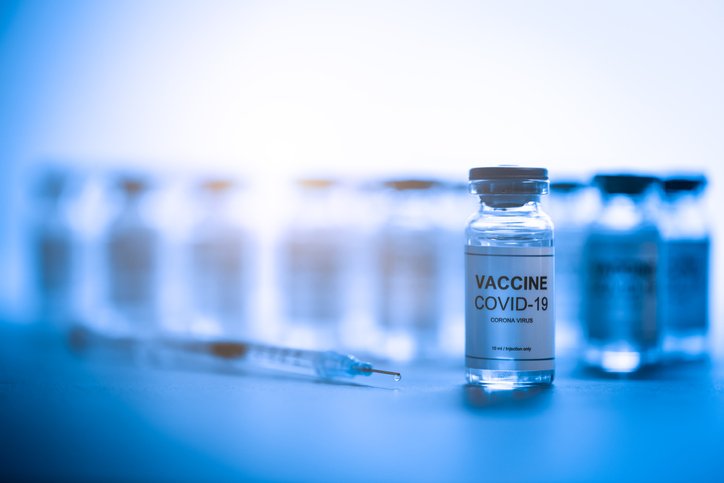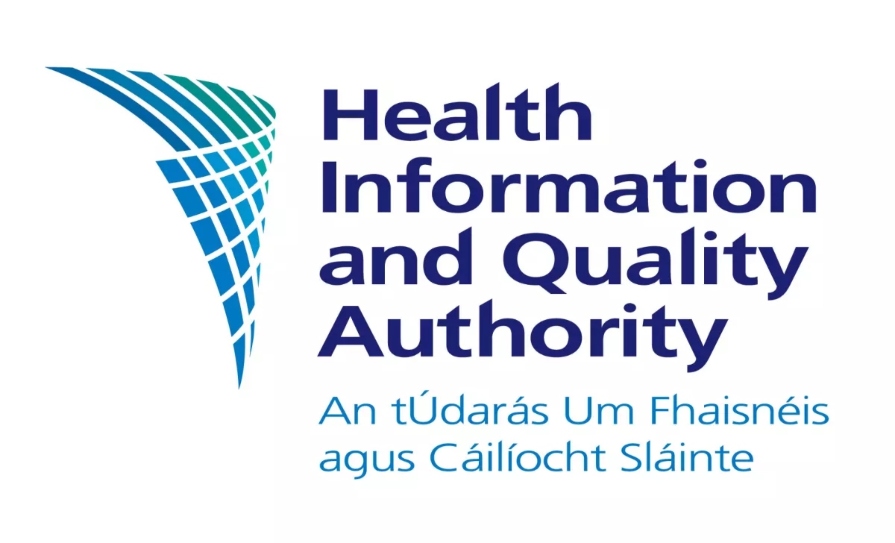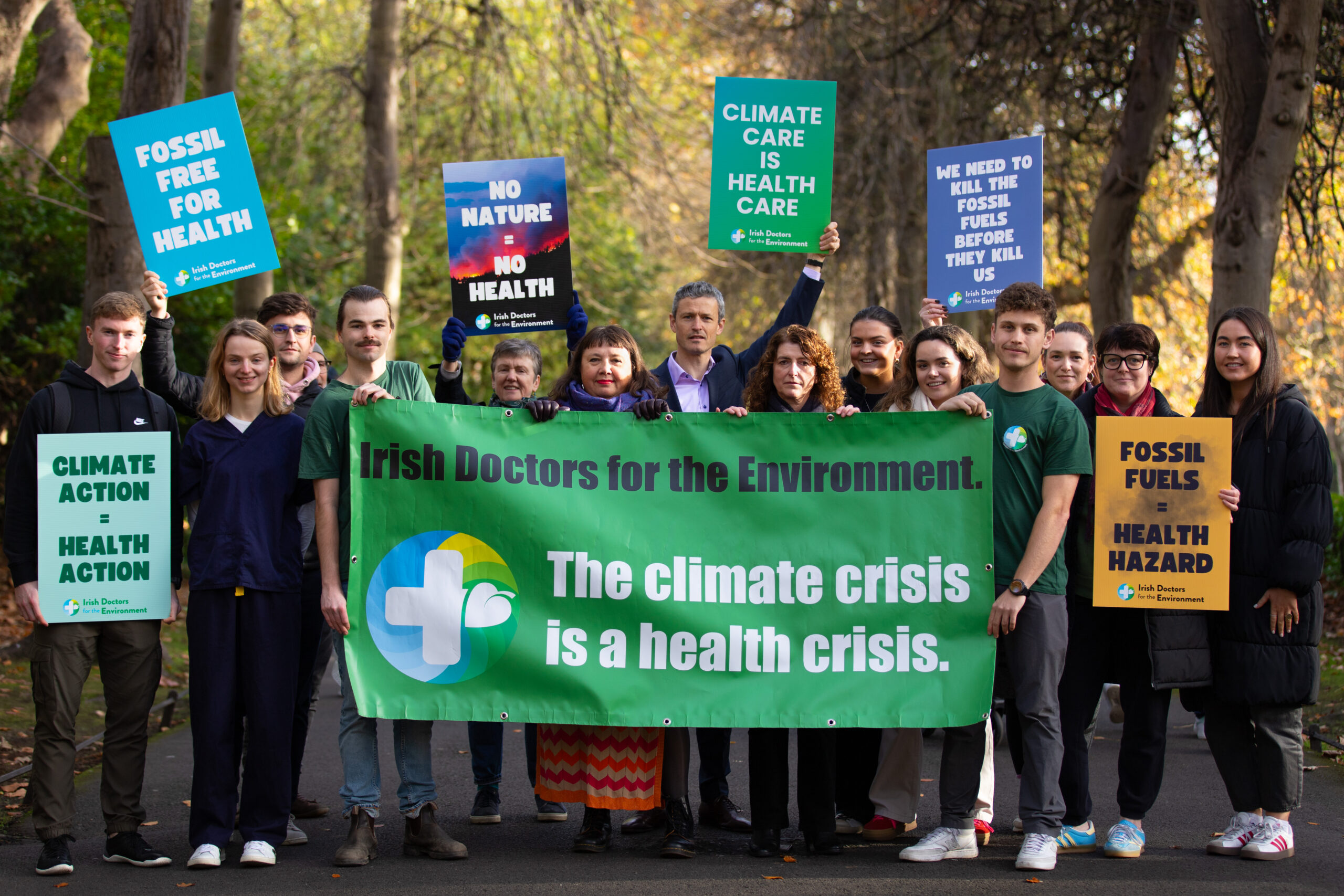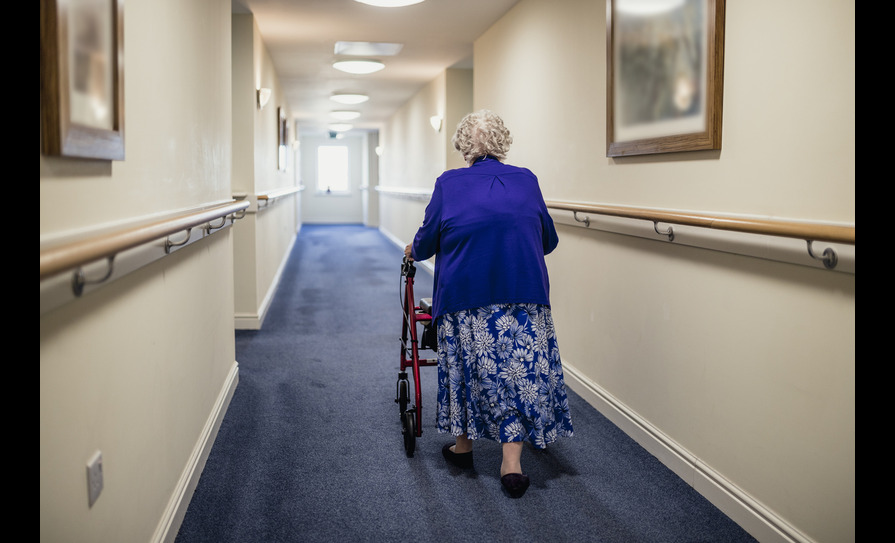GPs scheduled to administer the Oxford/AstraZeneca vaccine to vulnerable patients in cohort 4A from today have yet to be informed when they will receive the vaccine.
This is creating frustration among vulnerable patients who are “bombarding” GP practices seeking information on when they will be vaccinated, according to GPs.
Under HSE plans, GPs were meant to be advised in advance of the rollout when they would receive vaccines so that they could advise patients when supplies would be available.
But at present, all GPs know is that they will receive the vaccine sometime in the next four weeks.
Separately, the national immunisation advisory committee (NIAC) is deliberating on some form of potential restriction on the AstraZeneca vaccine, after the European Medicines Agency (EMA) safety committee last week concluded that unusual blood clots with low blood platelets should be listed as very rare side effects of the AstraZeneca vaccine.
A number of EU countries have limited its use to older cohorts, as the reported rare blood-clotting events have typically impacted younger people. The EMA said based on the currently available evidence, specific risk factors have not been confirmed. A decision from NIAC is expected imminently.
To date GPs have been administering mRNA vaccines to over-70s patients only. So far, more than half of the 490,000 over-70s patients nationally have been given their first vaccine dose.
Despite a promised acceleration in vaccine supply, mRNA vaccines for the over-70s remain limited and GPs are this week experiencing shortfalls in deliveries for patients aged 70-74.
But from today, 12 April, GPs are due to begin administering the AstraZeneca vaccine for the first time. Around 88,000 patients in cohort 4a will be given their first vaccine dose by GPs within a four-week period under HSE plans.
Patients in cohort 4a are aged 18-69 and defined as having clinical conditions that put them at very high risk of severe illness and death from Covid-19.
GPs are being asked to vaccinate these vulnerable patients because they cannot be fully identified through the acute hospital system.
As of 5 April, more than 46,000 patients in cohort 4 had been vaccinated, mostly in hospital settings.
GPs have been requested to vaccinate patients in this group with specific conditions only, namely poorly controlled diabetes; obesity (patients with a BMI over 40); chronic respiratory disease where a patient is on home oxygen or who has had a hospital admission in the past year.
ICGP lead adviser on Covid-19 Dr Nuala O’Connor said GPs are being bombarded with calls from the public asking when they would receive the vaccine.
“We are being told that the earliest anyone in this group will receive the vaccine is April 12 and it’s going to happen over four weeks. But I don’t know yet what week I will get the AstraZeneca vaccine,” she told the Medical Independent.
“We have submitted the amount of patients we think are in this group. We’ve given our estimated number but we have no confirmation date as to when we will get AstraZeneca…It could be the first week in May before I even get the vaccine and our secretaries are being beaten down with questions from patients.”
Incidentally, Dr O’Connor was the first ever GP trainee of Dr Kieran Murphy, who recently pulled out of the vaccination rollout due to intimidating calls from the public.
“I was his first ever GP trainee back in 1989/1990 back in Limerick. He is such a wonderful and dedicated person. He is an honest, hardworking GP that has given his all to the community.”
Plans are underway for GPs to vaccinate patients in cohort 7, defined as patients aged 18-64 at high risk of severe illness and death from Covid-19, but GPs have yet to receive clinical criteria for the group, said Dr O’Connor. “We haven’t been asked yet to estimate how many of these type of patients we have, or to submit an order for them. The problem is people are bombarding the surgery asking, ‘am I on this list?’ and ‘when am I getting it?’ and we don’t know when we’re getting the vaccine.
“We are spending a lot of time fielding calls from people but we have no more information other than what is on the HSE website. We do not know anything more. Everyone will be offered a vaccine but people need to wait their turn.
“The other thing that is happening is people are deciding they don’t want AstraZeneca and their consultant is saying ‘well, check your GP and they might be able to give it to you’. We can’t. We only have mRNA vaccines for the over-70s. We cannot give it to anyone else.”
“People have turned up at mass vaccination clinics and said ‘I don’t want AstraZeneca’. They are being told ‘well, try your GP’. I completely understand the public’s frustration but bombarding the GP is not going to get you any further. It’s taking up valuable time. We are extremely busy with non-Covid work and we are still busy with Covid referrals.
“GPs are delivering most of these vaccines on bank holidays and weekends on top of their normal workload so we really need people to be patient with us.”
“The sheer volume of work that is being done is being shouldered across all services. If you take out the long-term care facilities, general practice has given more vaccines than all of the hospital clinics and mass vaccination clinics to date. We’ve given about 36 per cent of the vaccines to date. We are shouldering a huge burden. It’s a team effort and this is not a competition but there is a lot of vaccination going on in general practice and we need people to be patient, kind and respectful.”












Leave a Reply
You must be logged in to post a comment.